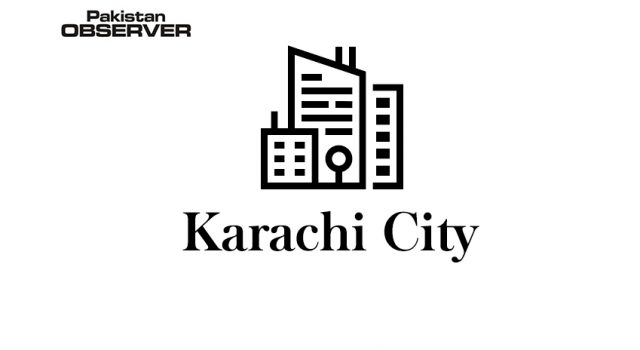Staff Reporter Making home cooked food will cost more this year as the price of onions has doubled since February 2019 while that of potatoes and fresh vegetables increased by more than 60%. In urban areas, the price of onions, daal moong, potatoes, fresh vegetables, gas, sugar, cooking oil and wheat increased the most among all the items, also called a market basket of common goods and services a household consumes daily. The vegetable traders say growers were getting a good price from international buyers so this year the country exported more than it usually does, creating a shortage in the local market. As a result retail prices went up to Rs100 per kilogram a couple of months ago. Onions are still selling for Rs70 per kg in some areas of Karachi. The government sprang into action and banned onion exports on Sunday, placing an embargo till May 31, which some say is a case of too little too late. Falahi Anjuman Wholesale Vegetable Market President Haji Shahjehan said India is a major exporter of onions in the region, but following a local crisis it banned exports. As a result Pakistan jumped in to fill the gap because it was getting a good price. He added that the new crop from Balochistan has started already and there will be a surplus soon. The government should have banned exports of onions two months ago when it was selling for Rs100 per kg, he said, adding that this embargo will only hurt exporters and growers now. “There are about 150 containers of onions stuck at the port. If not cleared, they will perish,” says Waheed Ahmed, a leading vegetable exporter. Farmers had been booking losses for near four years and if they didn’t earn they would go out of business, he adds. Food items, which account for more than a third of the market basket of goods and services, have been driving the inflation rate up for the last few months. In October 2019, tomatoes became nine times more expensive followed by a notable surge in the prices of onions, sugar and wheat.










